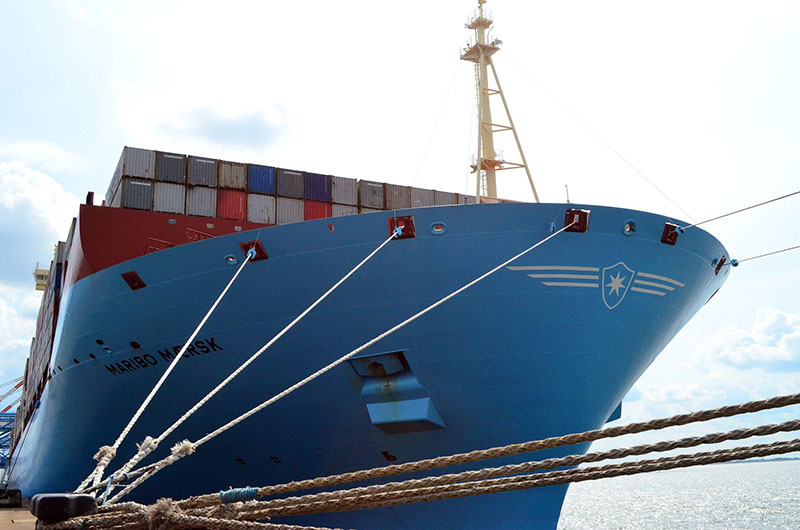STEM degrees play a pivotal role in driving innovation and progress across various industries, and the maritime sector is no exception. Within this vast industry, the turbocharger sector stands out as a prime example of how STEM education and expertise are crucial for optimizing efficiency, reducing environmental impact, and ensuring safety.
The maritime industry relies heavily on propulsion systems to navigate the world’s oceans efficiently. Turbochargers, which enhance the performance of marine engines, are essential components that can significantly impact the industry’s overall sustainability and competitiveness. STEM graduates, with their strong foundation in science, technology, engineering, and mathematics, are uniquely positioned to drive advancements in turbocharger technology.
In this industry, the efficiency and power of engines have a direct impact on fuel consumption and emissions. Turbochargers, by compressing and increasing the air supply to engines, improve fuel efficiency and reduce harmful emissions. Engineers with STEM backgrounds are at the forefront of developing innovative turbocharger designs, materials, and manufacturing processes that lead to more sustainable and environmentally friendly maritime operations.
Additionally, safety is of paramount importance for us. STEM professionals are instrumental in designing and implementing sophisticated monitoring and control systems that ensure the safe and reliable operation of turbochargers and other critical ship components. Their expertise in data analysis, automation, and cybersecurity is vital for preventing accidents and mitigating risks.
STEM graduates also contribute to research and development efforts within the maritime sector, striving to enhance turbocharger technology further. They explore new materials and engineering solutions to make turbochargers more durable, reliable, and efficient. Their work helps the industry meet stringent regulations and adapt to the evolving demands of a globalized world.
In spite of this key role, STEM degrees are not receiving the necessary support to attract the number of students that are currently required to fill the job openings in the industry, a situation that will only worsen in time if the current trend continues.
This is why governments, universities and businesses must work together to make sure that in the near future the industry is able to rely on a vast and well-trained workforce, with the capacity to deal with the great challenges waiting for us.

